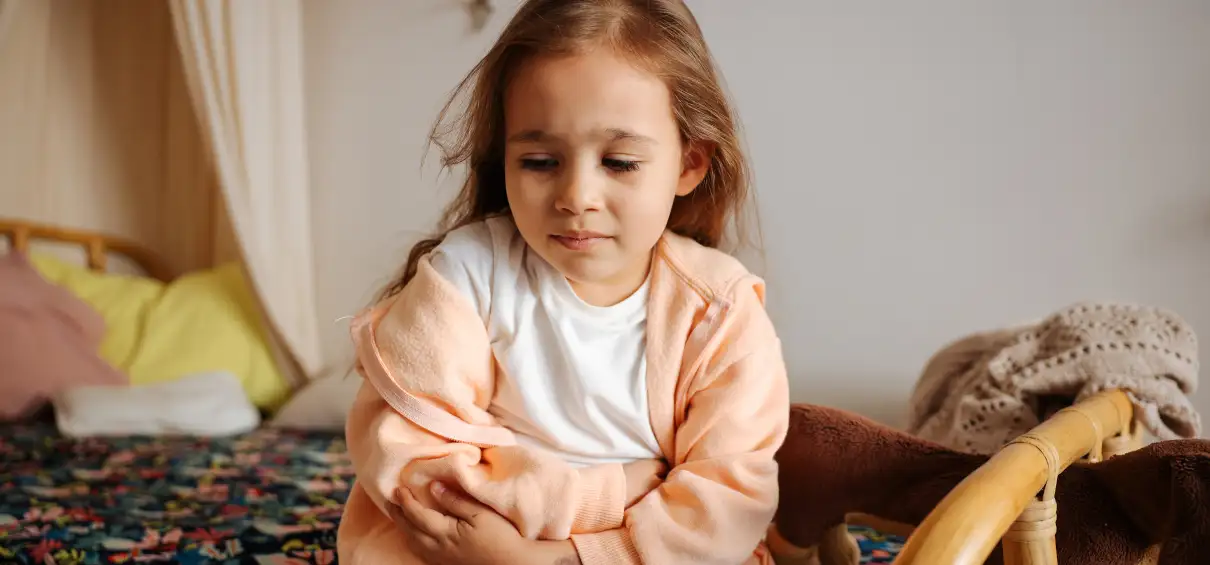If you’ve seen or read the news during the last few days, you’ve undoubtedly heard about a strain of enterovirus called EV-D68. This is the virus that has been reported to be associated with large numbers of respiratory illnesses across the middle of the U.S. In some states, the illness has been particularly problematic for children with underlying asthma.
EV-D68 is actually not a new virus. It was first recognized to cause illness in humans more than 50 years ago and has been identified as the cause of illness in clusters since then. The size of the outbreaks seen this year are bigger than in the past. It is spread by contact with the secretions of an infected individual.
Because we’ve received a lot of questions about it, we thought it might be helpful to provide a Q&A for our patients and families:
Q: What is an enterovirus?
A: Enteroviruses in general are common viruses. There are more than 100 types that are grouped into 4 species, human enteroviruses A-D based on their genetic similarity. (EV-D68 is in the “D” group.) Enteroviruses cause illnesses that are grouped by their major symptoms, although there may be overlap.
Some cause fever and sore throat, some cause fever and rashes similar to measles, some cause fever and neurologic symptoms such as headache and meningitis, some cause vomiting or abdominal pain, some cause conjunctivitis, some cause muscle inflammation or can affect the heart. It is estimated that 10 to 15 million enterovirus infections occur each year.
Q: How serious is EV-D68 infection?
A: Like other enteroviruses, EV-D68 can cause mild to severe illness. While most may experience mild symptoms (fever, runny nose, cough, sneezing), more severe symptoms (wheezing, difficulty breathing) can occur in children with underlying asthma.
Q: What should parents do if their child is experiencing respiratory illness?
A: Most children with viral infections will have relatively minor illnesses. But, if you are concerned about your child’s illness, call your family doctor to determine the proper course of action. If your child has asthma medications, make sure to use them as your provider has instructed you and avoid other triggers such as tobacco smoke. Seek medical assistance if your child is in distress from difficulty breathing.
Q: What is Cincinnati Children’s doing to keep enterovirus from spreading?
A: Cincinnati Children’s has put visitor restrictions in place as a precautionary measure due to the higher than normal number of patients in the hospital with respiratory illness. We do this during flu season as well. All visitors should be healthy – free from fever, cough, colds, or stomach virus symptoms. Visitation by children less than 14 years of age is limited to siblings only. Non-siblings who are 14 years of age or older and are healthy may visit in the patient’s room. Only parents or guardians should visit in critical areas. We will notify the public when the restrictions are lifted. More info can be found here.
Q: Has EV-D68 been confirmed at Cincinnati Children’s?
A: We have documented an enterovirus in some patients and are working with Ohio health officials and the CDC to determine if any of these are actually the EV-D68 strain that has been seen elsewhere.
Q: Are you seeing more patients than usual at Cincinnati Children’s?
A: This is a busy hospital on a normal day. But we are seeing significantly more respiratory patients than we would normally see at this time of year. It’s important to note that the total number of respiratory patients is only about ten percent of our total patient population. Most of our patients are here for other reasons.
Q: How can I prevent enterovirus in my house?
A: Here are some steps families can take to best protect themselves:
- Wash hands often with soap and water for 15-20 seconds, especially after using the restroom and changing diapers
- If soap and water is not available, use an alcohol based hand sanitizer.
- Wash your hands before preparing food or eating.
- Avoid sharing utensils with or drinking after someone who is sick
- Avoid touching eyes, nose, and mouth with unwashed hands






If an asthmatic child has a constant cough but no fever, should she stay home? She does have a scratcher throat and her ear hurts. She has seen the doctor and there is no infection. However the teachers say she disturbs the class and parents are concerned their child will catch her virus. What should I do?
Hi Carolyn – Your family doctor is going to be the best able to advise you on whether or not she should stay home. If you are concerned about her cough/breathing, that is always a reason to have her checked out.
What about children who have severe heart conditions, such as a CHD Or Cardiomyopathy ? Any extra precautions for them?
These children, while not immunocompromised, have a heard time dealing with all illnesses, especially respiratory ones. In general, goon hand hygiene and staying away from ill persons is good advice.
Your child can get sick each time they encounter an enterovirus that is “new” to them. They may have some protection from previous encounters if the new virus is very similar to one they have seen before. Some enteroviruses circulate frequently, others infrequently. Infrequently circulating viruses act like “new “ ones and make more people sick. If your child was already sick this year with this virus, they are unlikely to get it again any time soon.
If my child has already had it can they get it a second time.